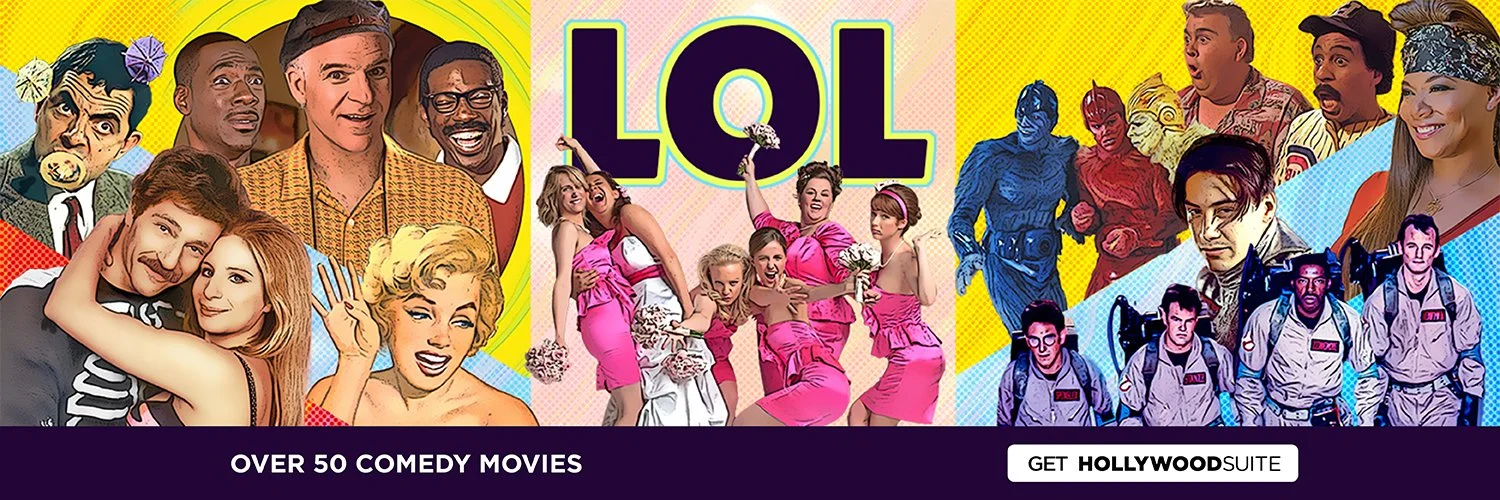Warfare: A Film That Will Shell-Shock its Audience
By John Kirk
Rating: A-
A visceral cross-section of an Iraq War incident, related by the veterans who served there, Warfare stuns viewers into submission and leaves them with a grim apprehension of military service - albeit as close as one gets without being there.
Directed by Alex Garland, and co-written/directed by veteran Ray Mendoza, Warfare is the real account of U.S. Navy SEALs who were embedded in a forward combat zone, to hold sniper positions. When they are overwhelmed by enemy forces, they must evacuate their position and their only goal becomes survival.
The key to appreciating the film is to not to expect entertainment. This isn't one that focuses on theatrical dramatics or heroic ideals. There is no inspirational theme music and we have no back story of the characters to even pick our heroes. In fact, it's even hard to differentiate the cast.
Silence is the best sound effect as it comes in different layers. One level is the secure silence one hears when all is well. Flavored with safety, it's the sound the overwhelmed and beleaguered soldiers are grateful for and aren’t rewarded with often enough. Even the family of the house in which the SEALs are encamped are only gifted with this for a few seconds of film.
There’s the silence of the lull. Tension is felt in the silence, when danger is near but for now, all is secure. It’s the time when we see the camaraderie amongst the soldiers and their adherence to their training to keep their minds focused and off fear. It’s also the boredom and routine of war which is also one of its characteristics. This is what reinforces the realism of the film.
But then we experience the silence that leads to the deafening storm of combat. It creeps and then disappears as sudden explosions occur from seemingly out of nowhere, shocking the audience with its sudden intensity. When soldiers are injured, surrounded by gunfire, flames and even a new layer of silence: the damaged type in which soldiers are in shock and can’t hear anything because the noise is muffled by pierced ear-drums. This is the milieu in which Warfare comes to life and forces the audience to bear witness to the chaos of war.
The cast is impressive in its egalitarian way. There is no savior, no shining example of a model soldier. All are equally flawed, and no-one stands out, reacting as one would expect in a situation as overwhelming as this.
But these are average soldiers who are simply trying to salvage their training as best as they can in order to escape and they are presented as such. They make mistakes, are self-less, they lie to their own commanders, and they are stunned into submission when presented with mandatory life and death choices. It takes talent to be perfectly human in situations like these and the fact that Kit Connor (Tommy), Will Poulter (Erik) and Joseph Quinn (Sam) don’t steal the show is a reflection of the value of story over performance. There’s no star in this film, just the desire to share the story of the men who were there.
What’s striking about this story is that there is no political message or jingoistic sentiment that usually accompanies American military tales. It doesn’t offer any commentary about the war, nor does it even seek to venerate veterans and their service. It isn’t about any nationalistic or dramatized sentiment; it simply is a memory-driven record of what happened there and presents the travail of the average soldier as realistically and viscerally as it can. What’s more, it’s shockingly successful.
In a Q&A after the screening of the film, Director Garland emphasized that point. Speaking about the fact that the real-life soldiers were present, watching the actors portray this event. He said: “This was a story about the worst day in the lives of these men. That has to be some experience for the cast.”
D'Pharaoh Woon-A-Tai, who played Mendoza, also affirmed that and said that he was grateful “for having Mr. Ray Mendoza in my ear for guidance. That allowed me to play him and not let myself into the role.” In short, these performers placed the story above anything like screen time or billing.
Mendoza mentioned that he wanted to increase the bonding within the team through “bootcamp” style training. He gave them tasks they couldn’t fulfill and timetables they couldn’t make. In the end, they bonded together. The story became the mission and that also speaks to the verisimilitude the film successfully managed to achieve, not just for the audience but for the cast as well, who dedicated to the telling of these soldiers’ collective memories.
In the end, Warfare is a successful testament to the survival of these soldiers. It doesn’t matter that they were American or if they were legitimately there or not. This is simply about the human cost of conflict and it reflects the horror of war in a personal, close-up way that can’t be easily dismissed or ignored.
It’s a powerfully emotional film from which audiences will need time to gather their thoughts before they stand up and walk out of the theatre.
Warfare. Directed by Alex Garland and Ray Mendoza. Stars D’Pharaoh Woon-A-Tai, Will Poulter, Cosmo Jarvis, Kit Connor, Finn Bennett, Taylor John Smith, Michael Gandolfini, Adain Bradley, Noah Centineo, Evan Holtzman, Henrique Zaga, with Joseph Quinn and Charles Melton. In theatres April 11.



